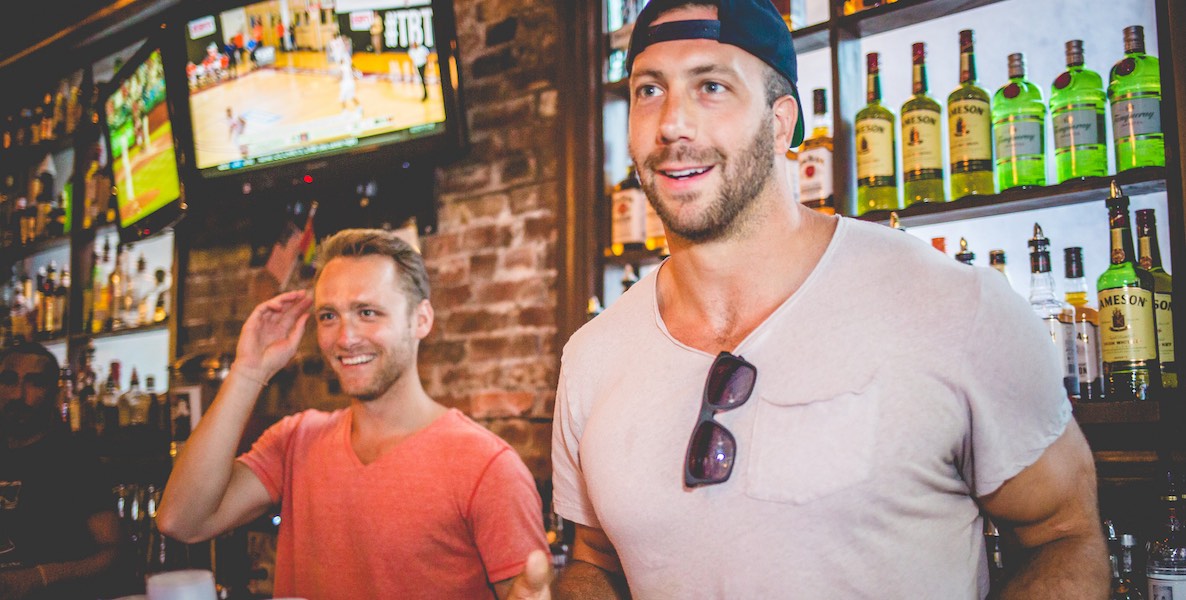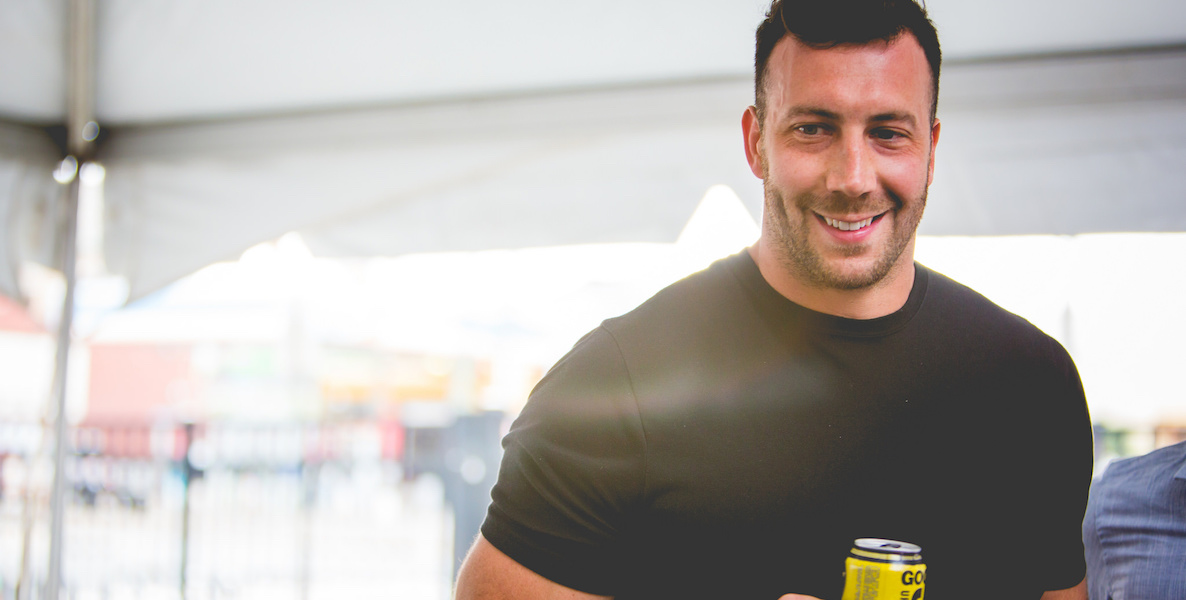One of the more notable things about Washington, D.C., is its pretty remarkable recent growth and wealth. Its median home value of $475,800 rivals that of New York City’s $494,800, and is far higher than Philadelphia’s $145,300. Moreover, median family salaries are higher in DC—$70,848—than in New York City—$53,373. Of course, both are much higher than Philadelphia’s $38,253.
“D.C. has also been gentrified more rapidly than either Philadelphia or New York,” says Professor Richardson Dilworth of Drexel’s Center for Public Policy. “Its population grew 12 percent between 2010 and 2015, while New York’s grew 4.6 percent and Philly’s 2.7 percent. According to a pretty cool measure from Governing Magazine, 52 percent of the Census tracts in D.C. have gentrified, compared to 30 percent in New York and 29 percent in Philadelphia. D.C. was once a city that was more than 70 percent black; as of 2010, it was 50.7 percent black.”
D.C. beats Philadelphia in the public transportation category, likely due to the reach of its Metro rail system. But Dilworth says that, though it’s long been a state of the art system, that may be changing: “Lately, the D.C. metro system has been kind of a mess,” he explains. “It’s undergone financial troubles and there have been many recent delays and safety hazards.”
Finally, Dilworth points out that D.C. beats Philadelphia in a category that we don’t score on the chart below: marijuana legalization. “In D.C., legalization has resulted in a staggering reduction in arrests, which is especially good because those arrests were disproportionately of Black people,” says Dilworth. “But Congress has kept the District government from setting up a regulatory structure or taxing marijuana sales.”
Washington D.C. Idea To Steal: A Female Mayor
When she was elected Mayor of Washington D.C., two years ago, Muriel Bowser became the second female mayor in Washington, D.C.’s history; Sharon Pratt was the first, two decades ago.
That’s two up on us, as we’ve never had a woman as mayor. In fact, few cities have. The numbers are startling. Of the 1,351 mayors of U.S. cities with populations over 30,000, only 249, or 18 percent, are women, according to Rutgers’ Center for American Women and Politics. That rate has been basically unchanged for the last 20 years. And black women fare even worse, leading only 26 cities, according to a report by the Center for American Women and Politics.
The largest city to be run by a female chief executive is Houston, Texas, where I lived and played from 2009 to 2012. Mayor Annise Parker has 2.2. million constituents and she’s not only the city’s second female mayor, she’s one of the first openly gay mayors of a major U.S. city. In fact, Southern cities are more likely to have women mayors. You may not think of Texas as a bastion of progressiveness, but it’s not just Houston—Fort Worth and San Antonio are also led by women. It’s interesting that cities in more traditionally blue states like New York, California and even (save last month’s election results) Pennsylvania don’t elect women leaders.
“The cities in blue states like New York, Boston, Philadelphia and Chicago are also almost all cities that have traditional party systems, unlike Houston or Phoenix, where the party structure is less machine-like,” says Professor Dilworth. “So to get along in politics in the more traditional Rust Belt cities, you need to spend a lot of time working with the parties. And my guess is that the parties themselves in those cities are very male-oriented and dominated. So maybe it’s the party system in cities that holds women back.”
Last year, it briefly looked like former District Attorney Lynne Abraham stood a good chance of becoming our first female mayor. That wasn’t to be, and our drought of female leadership is in keeping with our statewide representation numbers. We’ve never had a female governor or senator, and only seven representatives in Congress. In Philadelphia, only 15 of 68 election officials are women. Why does this matter? Studies have shown that both Democratic and Republican women introduce more of the types of legislation that affect regular people’s lives, in education, health, labor, and civil liberties.
How cool would it be if Philly became known as a place—like Houston—that elects great leaders who also happen to be female?
Connor Barwin is the Eagles defensive end and runs the Make the World Better foundation, which works to refurbish city parks.
Photo header by SSM Photography


